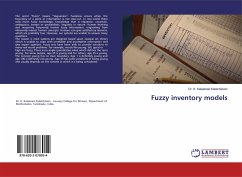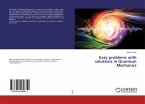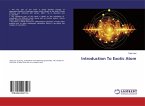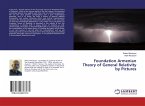The word ¿Fuzzy¿ means ¿Vagueness¿. Fuzziness occurs when the boundary of a piece of information is not clear-cut. In real world there exist much fuzzy knowledge; knowledge that is imprecise, uncertain, ambiguous, inexact or probabilistic, linguistic in nature. Human thinking and reasoning frequently involve fuzzy information, originating from inherently inexact human concepts. Humans can give satisfactory answers, which are probably true. However, our systems are unable to answer many questions. The reason is most systems are designed based upon classical set theory which is unable to cope with unreliable and incomplete information and give expert opinions. Fuzzy sets have been able to provide solutions to many real world problems. For example, words like young, tall, good orhigh are fuzzy. There is no single quantitative value which defines the term young. For some people, age 25 is young and for others, age 35 is young. The concept young has no clear boundary. Age 1 is definitely young and age 100 is definitely not young. Age 35 has some possibility of being young and usually depends on the context in which it is being considered.








